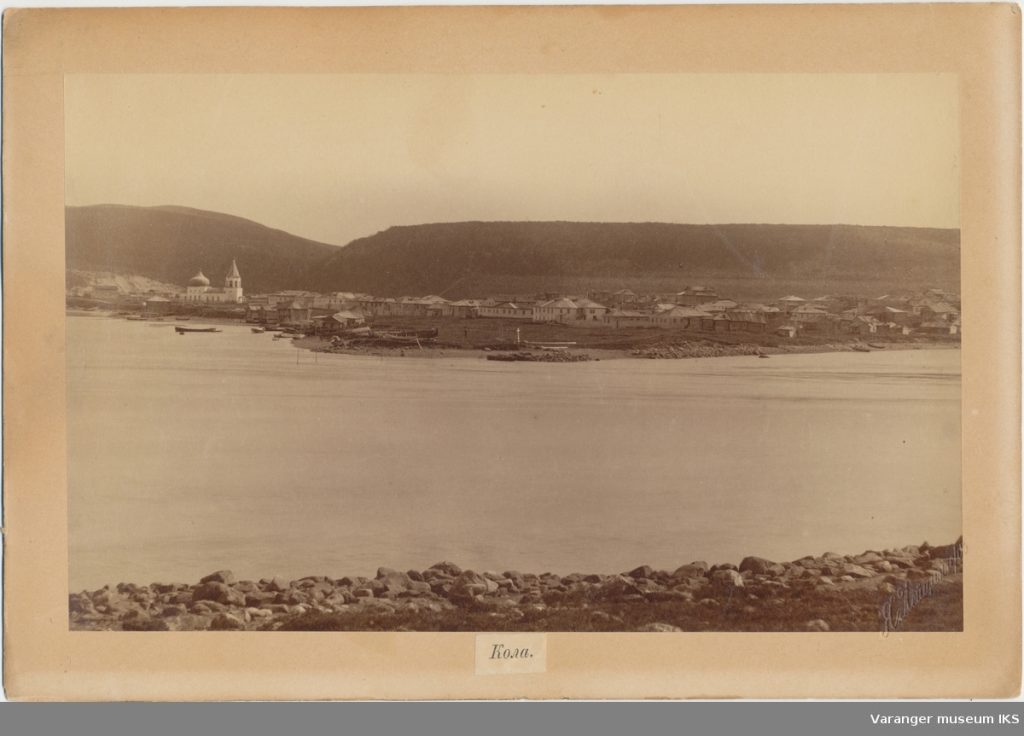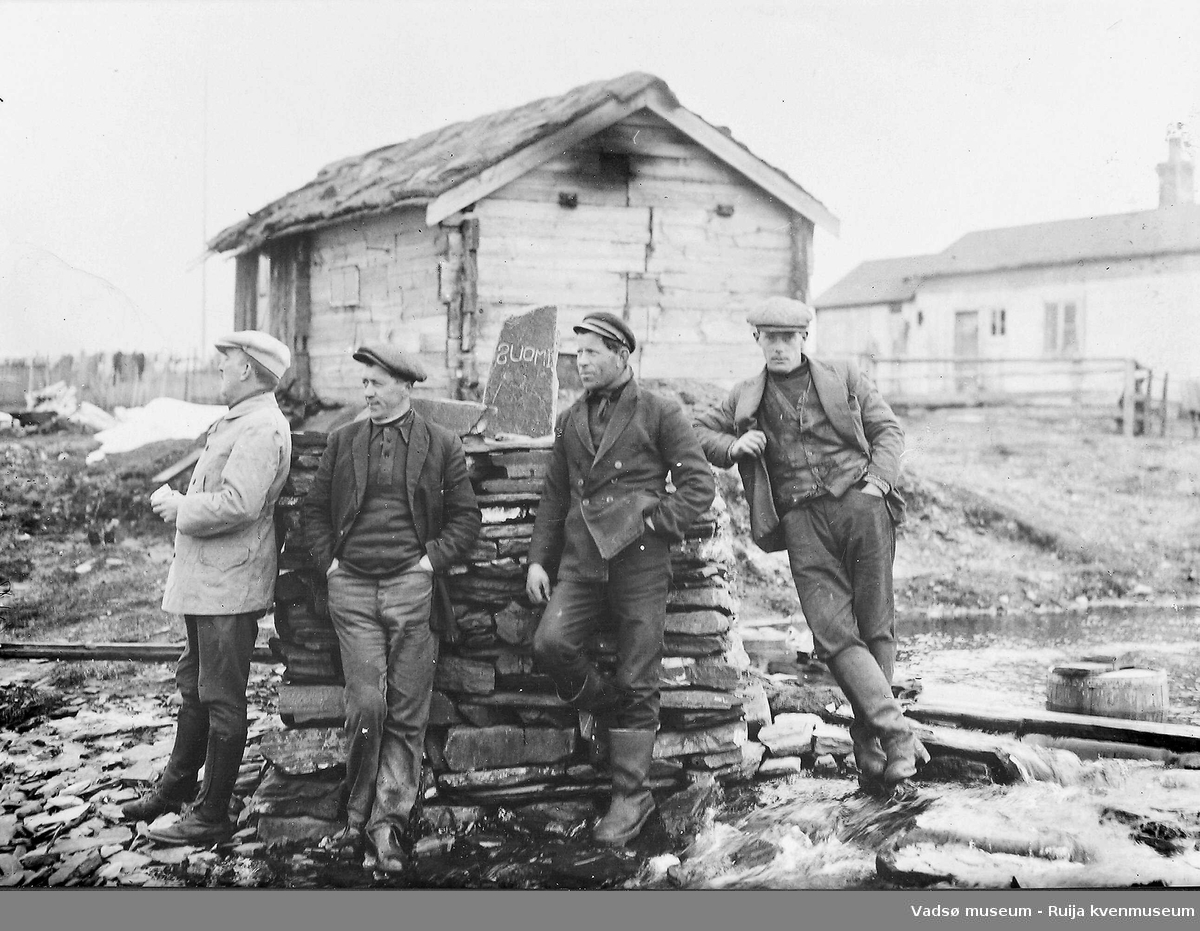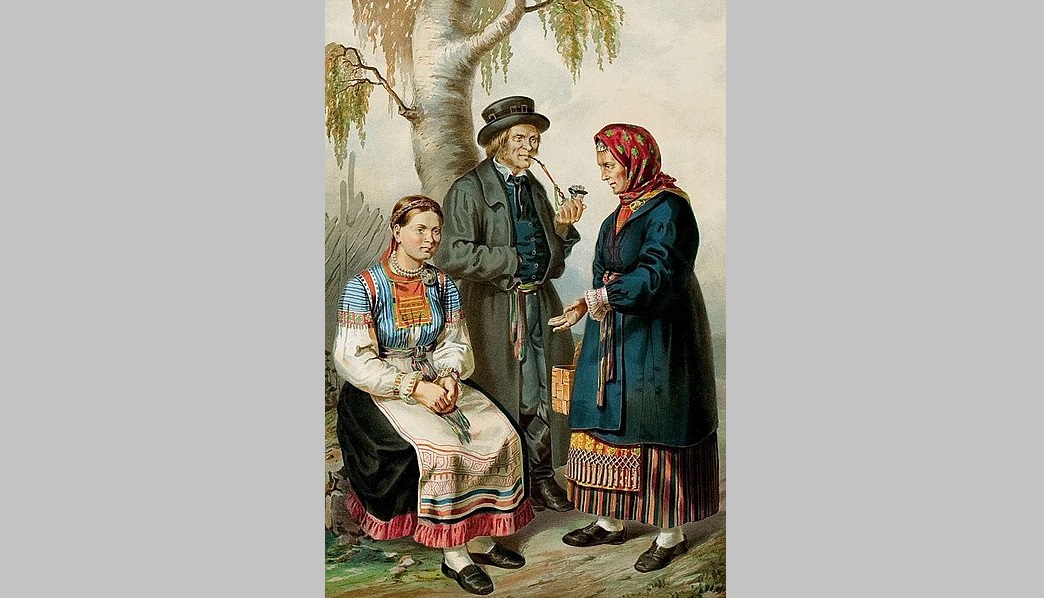As the Putin regime takes more steps to hide the crimes of Stalin – it has gotten Interpol to go after the editor of the Russia as the Prison House of Nations portal, it is ever more important to call attention to those crimes.
One of the greatest is the acts of genocide Stalin carried out against the so-called “punished peoples” by forcibly deporting them from their homelands and leaving them to die in the wilds of Central Asia or elsewhere. His actions in the North Caucasus and Crimea are well-documented; those elsewhere much less so.
One of the nations Stalin deported that has received only sporadic attention are the Kola Norwegians, a small group who settled in the northern reaches of Russia in the 19th century, prospered but then were deported in the lead up to World War II and were never allowed to return.
They have been given some attention by Norwegian investigators – their story is even summarized on a Wikipedia page – but the Kola Norwegians have seldom attracted Russian investigators. Now that has changed with a remarkable article this week on their history and fate.
Although the article is entitled “How the Kola Norwegians Became Russian,” it concedes that “to come to Rus does not mean to become part of it.” And it makes clear that this community stood apart and viewed itself as separate until its dispersion by deportation led to its disappearance.
The Kola Norwegians came for Finnmark, settling n the Murmansk shore where they played a major role in the development of fishing and trade with the Pomors. In Murman itself, the article says, “no one lived until the end of the 19th century.” As the Russian authorities “did not control this territory,” the Norwegians arrived and settled initially without reference to them.

But by 1859, they had become sufficiently numerous and tsarist power in the region had grown enough to appeal to Aleksandr II and receive permission to settle along the entire coastline, in large part because unlike Russians who didn’t want to settle there, the Kola Norwegians asked for no state assistance.
The only condition the tsar placed on them was that the Kola Norwegians had to become Russian subjects. After doing so, their economic situation improved still further both from fishing and from the production and sale of alcohol to the Pomors and the local Russian communities that had begun to form.
By the end of the 19th century, the Kola Norwegians numbered more than 2100. After the revolution, they organized a fishing collective farm; and despite the Soviet state’s confiscatory approach to it, “their standard of living was much higher than that of Russians and Finns” in the region.
They kept apart and had a cautious attitude toward Russians and all things Soviet, and not surprisingly few Russians settled among them and the authorities viewed them with suspicion. The NKVD secret police began lodging charges against them and by 1938, a quarter of the Kola Norwegians had been repressed.
Then, in 1940, on Stalin’s order to “cleanse” all border areas of “alien elements” in the name of national security, the Soviet organs deported the rest to various parts of the Soviet Union. “In this way,” the article says, “the history of the existence of the Kola Norwegians in Murman came to an end.”
Because they were sent in small groups to regions and republics far from their homeland, the Kola Norwegians either died out or were assimilated. They “surfaced” again only after 1991 when Norwegians from Norway visited the Murmansk area looking for records of their ancestors and set up a monument to them.
But by that time, there were no Kola Norwegians left; and in 2007, the Russian authorities took the final step in their disappearance by declaring vacant Port Vladimir which a century earlier had been their largest settlement.
Read More:
- Russia’s imperial crackdown on the memory of indigenous victims of deportations
- Historical documents detailing Vistula operation to deport 150,000 Polish Ukrainians now online
- Haytarma: the film about Stalin’s deportation of the Crimean Tatars Russia doesn’t want you to see | Watch online
- On 73rd anniversary of deportation, Chechnya and Ingushetia divide on Stalin and his crimes
- Punished peoples fight Putin’s war on history with monuments to their deportations
- Stalin’s deportation of Baltic peoples in June 1941 remembered
- Deportation, genocide, and Russia’s war against Crimean Tatars









